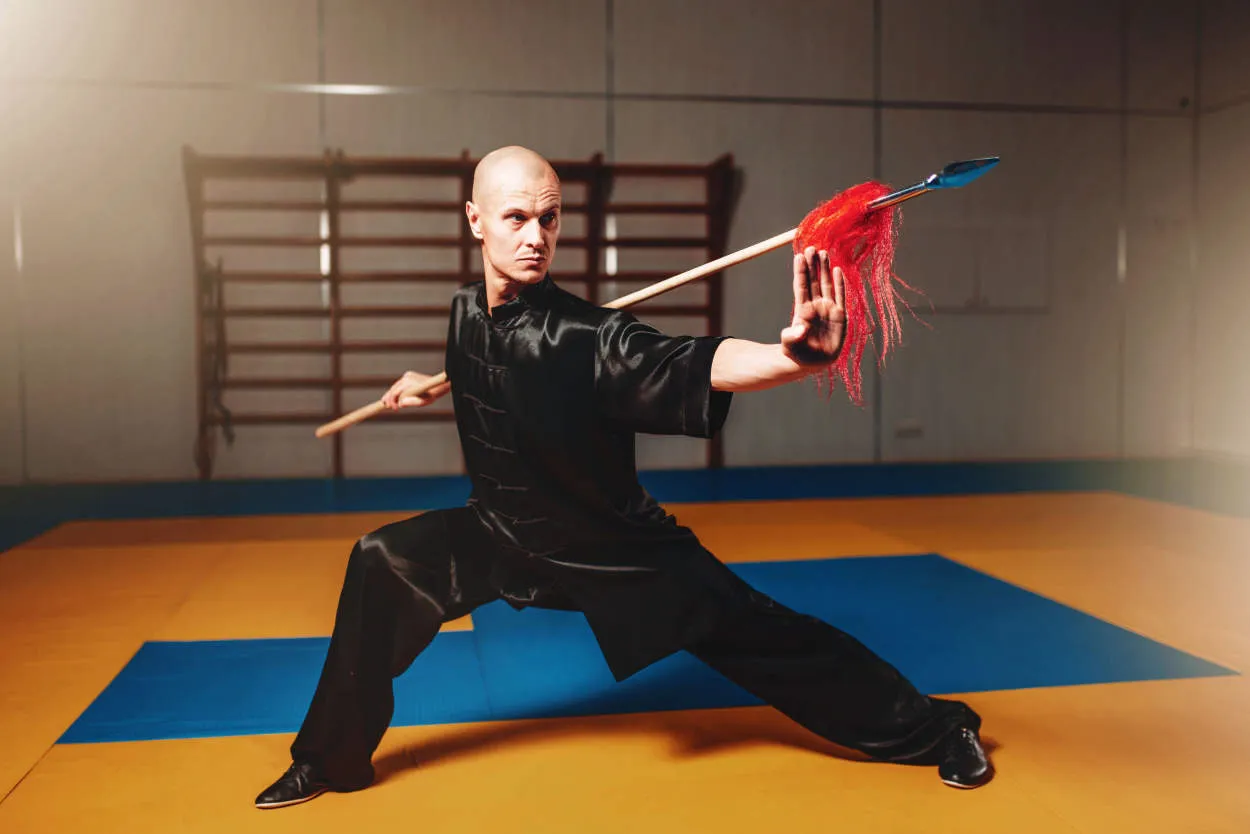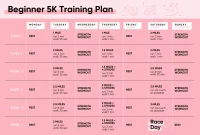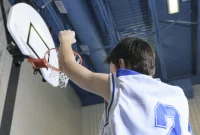Martial Arts Training: Techniques for Mastery
Discipline and Techniques in Different Martial Arts
When it comes to martial arts training, discipline is an essential aspect that every practitioner must embrace. Regardless of the specific martial art, be it karate, judo, taekwondo, or jiu-jitsu, discipline plays a pivotal role in achieving mastery. Each martial art also has its unique set of techniques that contribute to its effectiveness.
Karate
Karate is a traditional Japanese martial art known for its powerful strikes and intricate forms. Practitioners of karate focus on developing strong stances, quick punches, and precise kicks. The discipline instilled through repetitive practice cultivates mental fortitude and physical strength.
Judo
Judo, a martial art developed in Japan, emphasizes throws and grappling techniques. Its practitioners learn to use their opponent’s strength and momentum against them. Judo training requires immense discipline to master perfect timing, balance, and technique.
Taekwondo
Taekwondo, originating from Korea, is characterized by its dynamic kicks and high-flying acrobatics. Trainees of taekwondo undergo extensive training to develop strength, flexibility, and speed. Discipline in maintaining proper form and executing precise movements is crucial to excel in this martial art.
Jiu-jitsu
Jiu-jitsu, a Brazilian martial art, primarily focuses on ground fighting and submission holds. Practitioners of jiu-jitsu learn to use leverage and technique to overcome opponents of larger size and strength. Discipline is integral to acquire the patience and precision needed to execute complex techniques effectively.
Regardless of the martial art chosen, discipline remains the cornerstone of progress and success. Techniques may vary, but the dedication and determination required to master any martial art remain constant.
Strength and Flexibility Training for Martial Artists
Martial arts training requires a combination of strength and flexibility to achieve mastery. Both attributes are crucial for improving technique, enhancing performance, and preventing injuries. Here are some effective training exercises to develop strength and flexibility in martial arts:
1. Resistance Training
Integrate resistance training exercises into your routine to build overall strength. Focus on compound movements such as squats, deadlifts, and bench presses to target multiple muscle groups simultaneously.
2. Plyometrics
Utilize plyometric exercises to improve explosive power and develop fast-twitch muscle fibers. Examples include box jumps, clap push-ups, and medicine ball throws. These exercises simulate the quick movements often required in martial arts.
3. Core Strengthening
A strong core is essential for stability, balance, and generating power. Incorporate exercises like planks, Russian twists, and hanging leg raises to strengthen your abdominal muscles and lower back.
4. Dynamic Stretching
Enhance flexibility by performing dynamic stretching exercises before training sessions. Include movements such as leg swings, arm circles, and walking lunges to warm up your muscles and increase range of motion.
5. Yoga and Pilates
Add yoga or Pilates classes to your training regimen to improve flexibility, coordination, and body awareness. These practices also promote relaxation and mental focus, which are vital aspects of martial arts.
6. Specific Martial Arts Movements
Practice techniques specific to your martial arts discipline to enhance both strength and flexibility. For example, kicking drills, grappling exercises, or weapon training not only improve skill but also challenge your body in unique ways.
Remember, consistency and gradual progression are key in strength and flexibility training. It is essential to listen to your body, avoid overexertion, and seek guidance from a qualified instructor for proper form and technique. By incorporating these training methods into your routine, you can enhance your martial arts abilities and reach new levels of mastery.
Mental Focus and Meditation in Martial Arts
Martial arts training requires not only physical strength and technique mastery, but also a high level of mental focus. Mental focus plays a crucial role in enhancing performance, improving concentration, and achieving a state of flow during martial arts practice.
One effective way to cultivate mental focus in martial arts is through meditation. By incorporating meditation into training routines, practitioners can develop a calm and focused mind, allowing them to fully immerse themselves in the present moment.
During meditation, martial artists learn to control their thoughts and emotions, which can be invaluable during intense combat situations. It enhances mental clarity and helps reduce distractions, enabling practitioners to react swiftly and effectively to their opponent’s movements.
Meditation also promotes self-awareness and mindfulness, attributes that are essential in martial arts. By practicing meditation regularly, martial artists become more attuned to their body, breath, and energy, leading to improved overall performance and technique execution.
Moreover, meditation aids in managing stress and anxiety, which are common challenges faced by martial artists. By developing a calm and centered mindset, practitioners can better handle pressure and maintain composure during competitions or self-defense scenarios.
Incorporating meditation into martial arts training can be done through various techniques, such as focused breathing exercises, visualization, or mantra repetition. It is essential to find a meditation method that resonates with individual preferences and goals.
Overall, the combination of mental focus and meditation in martial arts training is key to unlocking one’s maximum potential. By cultivating a strong and focused mind, practitioners can enhance their technique, improve their overall performance, and achieve mastery in their martial arts journey.
The Importance of Consistent Practice
Consistency is key when it comes to mastering martial arts techniques. Whether you are a beginner or an experienced practitioner, regular practice is essential for improvement and achieving mastery in this discipline.
By practicing martial arts consistently, you train your body and mind to develop muscle memory, which enables you to execute techniques with precision and efficiency. Repetition allows you to internalize the movements, making them more natural and automatic.
Consistent practice also improves your physical fitness and flexibility. Martial arts require strength, endurance, and coordination, all of which can be enhanced through regular training. Additionally, practicing regularly helps you maintain a healthy weight, improve cardiovascular health, and increase overall body conditioning.
Furthermore, consistent practice helps to build discipline and mental focus. Martial arts demand mental resilience, concentration, and the ability to stay calm in high-pressure situations. Regular training develops these qualities, which can be applied not only in martial arts but also in various aspects of life.
Consistency is also crucial for progression. Regular practice allows you to build upon the basics and gradually advance to more advanced techniques. It provides the opportunity to refine your skills, learn new techniques, and adapt to different styles.
In conclusion, consistent practice is vital for achieving mastery in martial arts. It develops muscle memory, improves physical fitness, builds mental discipline, and allows for continuous progression. Remember, practice makes progress, so commit to regular training and reap the rewards in your martial arts journey.
Learning from Martial Arts Masters
Martial Arts Training: Techniques for Mastery
Martial arts have been passed down through generations, with each master adding their own unique insights to the practice. Learning from these masters can provide valuable lessons that can greatly enhance one’s martial arts journey. Here are some key aspects we can learn from martial arts masters:
Dedication and Discipline
Martial arts masters exemplify unwavering dedication and discipline. They understand that consistent and focused training is crucial to mastering their craft. By observing their commitment, we can learn the importance of perseverance and self-discipline in achieving our goals.
Humility and Respect
Martial arts masters often emphasize the values of humility and respect. They constantly remind their students to approach training with an open mind and to respect both their opponents and fellow practitioners. In following their example, we can foster a positive and respectful environment for personal growth.
Technique and Precision
Masters possess refined technique and precise execution in their movements. They have spent countless hours perfecting their skills and are able to perform techniques effortlessly. By studying their techniques and practicing with attention to detail, we can improve our own form and efficiency.
Mental Focus and Mindfulness
Martial arts masters understand the crucial role of mental focus and mindfulness in combat. They teach students to stay present and maintain a calm state of mind, enabling them to react swiftly to any situation. Incorporating these practices into our training can enhance our overall performance and decision-making abilities.
Learning from martial arts masters goes beyond physical techniques and extends to personal growth and development. By embodying their dedication, humility, precision, and focus, we can elevate our martial arts practice and apply these valuable lessons to other areas of our lives.
Conclusion
In conclusion, martial arts training provides individuals with a comprehensive set of techniques and skills to achieve mastery. Through discipline, dedication, and consistent practice, practitioners can enhance their physical strength, mental focus, and self-defense capabilities. Whether for fitness, self-defense, or personal growth, martial arts training offers numerous benefits that contribute to a well-rounded and balanced lifestyle.




